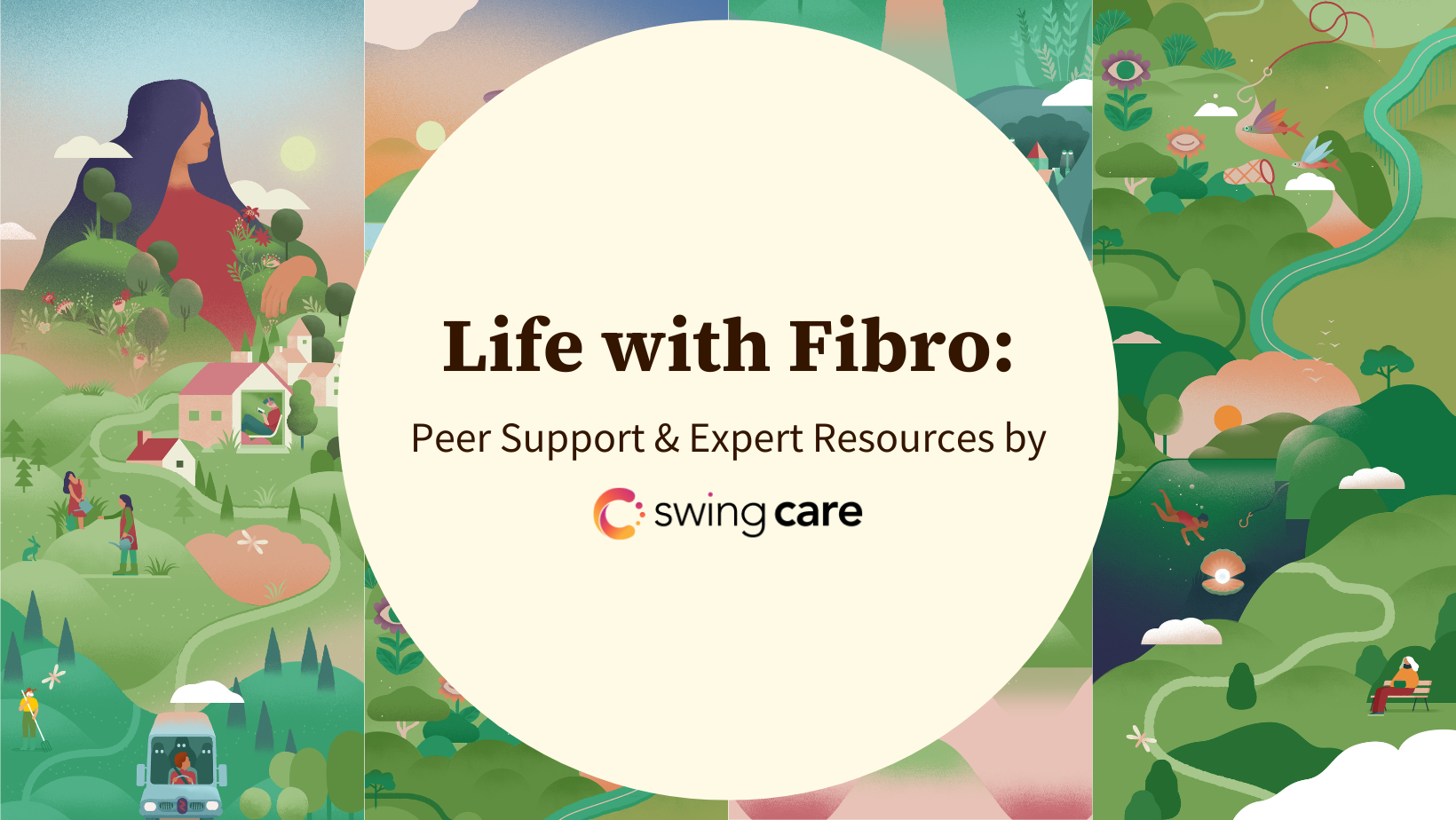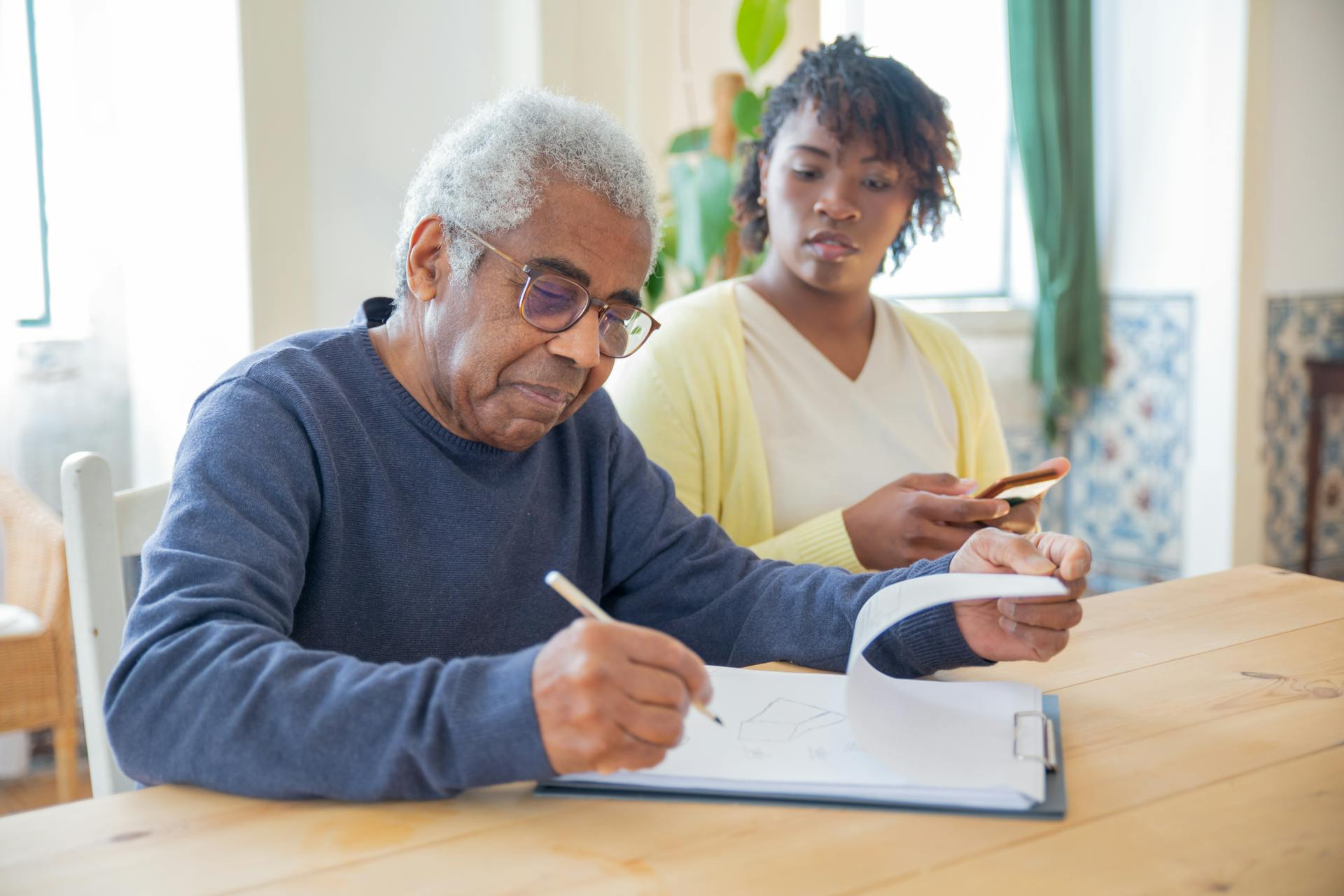Although a common diagnosis that affects an estimated 6.4% of people in the United States, fibromyalgia is often misunderstood. [1] It can seem like you are alone in your diagnosis. Building a support system of people who understand and support you can help counteract these feelings of isolation, and have other surprising benefits as well.
Many people with fibromyalgia benefit from support groups, whether in person or online. According to a study in The Journal of Clinical Psychology in Medical Settings, people who have a chronic disease and a solid social support system reported a higher mental health quality of life and more self-compassion. [2]
A support group is a group of people who share a common concern, problem, or illness and communicate to support each other. In the case of medical-related support groups, that may mean discussing the diagnosis, new research, providers and treatment, or the mental and emotional aspects of the condition.
A support group can take many forms, and members communicate with each other in different ways. A support group may be in person; your group may meet at a specific location and talk face-to-face. Or it may meet online, either as a forum or a chat group. They may be small, community-based groups or large national or international groups.
What Are Fibromyalgia Support Groups?
Fibromyalgia support groups are available to help people with fibromyalgia meet and connect with others in similar situations, or with doctors and other healthcare providers specializing in fibromyalgia care. As one of the challenges of living with fibromyalgia can be a feeling of isolation, fibromyalgia support groups can be particularly helpful in connecting with others who are going through a similar journey.
Types of Support Groups
Fibromyalgia support groups come in all sizes, shapes, and varieties. You can find support groups for:
- People with fibromyalgia
- Friends of family of people with fibromyalgia
- Employers who want to better understand their employees who have fibromyalgia
Support groups may cater to certain ages, genders, or value systems. Some may emphasize sharing medical research and tips and tricks for fibromyalgia. Others may focus on encouragement and emotional support. Some may prioritize social engagement and get together for games, exercise, or outings.
Support groups meet and communicate with each other in a variety of ways, including [3]
- Online
- In-person
- Digital therapies
- Social Media groups
- A combination of these
Online support groups can be a great place to find like-minded people who share similar experiences and can empathize with you, support you, and share tips and tricks that work for them. Many online support groups are on social media platforms like Facebook, or on message boards like MyHealthTeams or Reddit.
But take note that these groups may not always have moderators, or these moderators may not be doctors or healthcare professionals with experience with fibromyalgia, so group members may be sharing inaccurate information. Sometimes the treatment options they suggest may be unhelpful or even harmful. Always talk to your doctor before taking anyone’s advice regarding fibromyalgia treatments.
Most doctors and other healthcare professionals recommend you only partially depend on online or social media support groups. You may benefit more from regular face-to-face encounters with other people in similar situations. [4] [5]
You may find in-person support groups in your community, especially if you live in a large town or city. Research fibromyalgia support groups to find the ones that best fit your goals, likes, and lifestyle. (More on that below.)
If you can’t find a support group you like, consider starting your own. Creating a new support group allows you to do what works best for you and the others initially joining the group.
- Do you want it to be more of an information-sharing group or an emotional support time?
- Will it be online, in person, or a combination?
- Will it be restricted to certain people, such as those with fibromyalgia, or will you allow family members to join?
- Where do you want to meet?
- How often do you want to meet?
- When do you want to meet?
- Do you have any rules you want to follow, such as verifying the integrity of the information shared?
What to Expect from a Fibro Support Group
All groups are different, and depending on the support group, you will find various goals, activities, and types of discussions. Support groups may involve: [3]
- Field trips
- Guest speakers
- Exercise sessions
- Personal discussions
- Information exchanges
- Specific topic discussions
Benefits of Fibromyalgia Support Groups
An active support group community can provide significant benefits. These benefits may include:
- Recent research into new drugs, treatments, or therapies for fibromyalgia
- New or tried-and-true ways to manage symptoms
- Information about doctors and other healthcare professionals in your area who specialize in fibromyalgia
- The courage that comes with knowing you are not alone
- Meeting and interacting with others who can relate to your struggles and challenges
- Mental and emotional support and encouragement
- Hope for the future and a better outlook on life in general and fibromyalgia in particular
Where to Find Fibromyalgia Support Groups
You can search online for fibromyalgia support groups in your area, or look for online fibromyalgia support groups through search engines or on your favorite social media sites. Research these groups and look at reviews or ratings, if you can find them, before joining.
If possible, talk to group members to get a feel for the group. Find out what typical meetings entail, or how the online group operates, to see if it’s what your looking for.
Community Support Groups
You can find fibromyalgia support groups throughout the United States and worldwide. Support groups sometimes meet in community centers, churches, hospitals, private houses, and more.
If you live in the United States, the National Fibromyalgia Association has information about support groups in the United States and provides links to them.
If you live in Canada, depending on where you live, you may find a support group on one of these websites: [3]
Toronto Fibromyalgia Support Group
The Fibromyalgia Association of Montreal
In the United Kingdom, try:
Fibromyalgia Support in Northern Ireland
Welsh Association of ME and CFS
You can also search for a fibromyalgia support group on Meetup here.
Online Support Groups
If you don’t have access to an in-person support group in your community, have mobility issues, or prefer interacting with people online, you can try online support groups.
These groups “meet” in different online formats and may plan events to meet in person on occasion.
- Daily Strength is an online support group with articles about fibromyalgia and many other health conditions or concerns.
- UK Fibromyalgia lists community networks for people living with fibromyalgia in the United Kingdom.
- Support Fibro is a nonprofit organization that focuses on educating and inspiring the online fibromyalgia community, their support systems, healthcare workers, and researchers about fibromyalgia. It is a great place to find up-to-date health information and education.
- Fibro Ireland is a patient-led organization that holds conferences and other resources for patients to connect with providers and other support resources.
You can also try forums or message boards. Forums are online discussion sites where you can post messages and questions, and read and respond to other peoples’ posts.
- Fibromyalgia Forum is a volunteer organization for people with fibromyalgia and their families or other support systems. When you register as a member, you get access to information, tips, discussion boards, and the locations of doctors near you.
- Life with Fibro is a community to connect with others who truly understand. It’s a place to ask questions, share stories, and get support from peers and experienced fibromyalgia specialists alike.
- My Fibro Team is another fibromyalgia network that offers advice, emotional support, and information about current treatments and therapies. You can connect with other people with fibromyalgia and share your story and daily struggles and triumphs.
- If you live in the United Kingdom, Fibromyalgia Action UK is an online forum and support group for people living with fibromyalgia.
You may find some online chatrooms for people with fibromyalgia. Chat rooms differ from forums or message boards in that you’re typically talking to someone in real time. Again, make sure you run any advice you receive on in these forums or chatrooms by your doctor before making any changes.
You may prefer fibromyalgia communities on social media platforms or other online networks. Again, be discerning when joining social media or social networking sites. Make sure professionals moderate them and they support evidence-based research and treatments. [4]
If you prefer talking on the phone to in-person or online interactions, phone lines are available to call and speak to a real person. The National Fibromyalgia Association lists several phone numbers you can call to talk to someone and get emotional assistance with what you are going through.
Whether you prefer in-person, online, or phone support, support groups are a great way to find people around you with fibromyalgia who can relate to your daily needs, goals, and challenges.

Sources:
- Bhargava J, Hurley JA. Fibromyalgia. In: StatPearls. StatPearls Publishing; 2023. https://www.ncbi.nlm.nih.gov/books/NBK540974/
- Brooks BD, Kaniuka AR, Rabon JK, Sirois FM, Hirsch JK. Social support and subjective health in fibromyalgia: self-compassion as a mediator. J Clin Psychol Med Settings. 2022;29(2):375-383.
- CMS-admin. Fibro self-care – support groups. Fibromyalgia Symptoms.
- Schroeder MO. 2019. U.S News and World Report. How to Find the Best Fibromyalgia Support Group for You.
- Crump L, LaChapelle D. “My Fibro Family!” A qualitative analysis of Facebook fibromyalgia support groups’ discussion content. Canadian Journal of Pain. 2022;6(1):95-111.












